Audrey DARNAUDE (CNRS, MARBEC) and Maria DARIAS (IRD, MARBEC) have co-authored two of the Vision 2030 White Papers published by the United Nations Ocean Decade, focusing on how to protect and restore ecosystems and biodiversity (Challenge 2) and how to sustainably feed the global population (Challenge 3), respectively.

Challenge 2 involves, in particular, more continuous and comprehensive monitoring of marine biodiversity and ecosystems, and improving understanding of the following:
- coastal, open-ocean and deep-sea biodiversity, and changes in ecosystems from the tropics to high latitudes,
- connectivity between populations, habitats and marine depths, and the links between activities on land and at sea, water quality and freshwater availability, upstream ocean processes and changes in marine ecosystems and biodiversity,
- the vulnerability of key deep-sea, polar, coastal and estuarine benthic habitats to marine biodiversity loss and ecosystem change,
- the drivers of positive and negative change to biodiversity, ecosystems and ecosystem services.
Above all, this will have to be done by:
- taking into account the cumulative effects of human activities and climate change on biodiversity and ecosystems,
- jointly designing place-based ecosystem approaches to management, taking explicit account of biodiversity and connectivity at relevant scales, and including local people and their knowledge.
https://unesdoc.unesco.org/ark:/48223/pf0000390108.locale=en
The SEA-UNICORN project, coordinated by Audrey DARNAUDE, is a an Ocean Decade project, while AfriMAQUA, coordinated by Maria DARIAS, is is an Ocean Decade programme.
The strategic ambition for Challenge 3 is to contribute to sustainably nourishing a global population with food from the ocean. The aim of Working Group 3 was to outline what is needed to generate the science and knowledge necessary to ensure the ocean is recognized and leveraged as a key contributor to nourishing the global population. The Group defined high-level science objectives and outlined targeted science priorities. The former provide a conceptual framework to guide policy- and decision-makers on the use of technical and financial resources for aquatic food systems in distinct contexts. The latter are intended to guide more specialised users to decide on priority scientific approaches for addressing specific challenges related to aquatic food systems.
Key focus areas include:
- Governance of aquatic food systems,
- Sustainable production of more nutritious aquatic foods,
- Ensuring equitable access to aquatic foods,
- Exploring new frontiers in aquatic food systems.
https://unesdoc.unesco.org/ark:/48223/pf0000390117.locale=en

